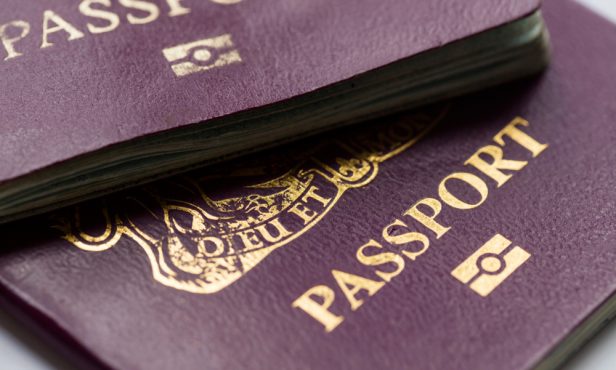RegTech specialist SmartSearch has launched an ‘Electronic Verification Uncovered’ campaign, aiming to raise awareness of the dangers of relying on outdated methods of identity (ID) verification for regulated businesses.
The campaign is part of the SmartSearch Index report, which is being published to highlight the ongoing threat of money laundering in the UK.
Research commissioned by SmartSearch found that 34% of regulated businesses across the financial services, legal and property sectors still make manual checks when onboarding new customers.

Encompass hires KYC expert Michael Horsnell
It also highlighted that in the legal sector specifically, manual methods of ID verification are still preferred by 42% of the firms surveyed, compared with 33% of financial services, banks and estate agents.
The research, carried out among 500 UK regulated businesses in June, found that almost one in 10 (8.5%) firms in the property agency sector said they do not verify customer ID at all.
In addition, 10% said they carry out no checks on business customers, with only 70% saying they check financial records as part of the business customer onboarding process, dropping to 60% in the legal sector.
Issues of compliance were behind the decision by those firms to still use manual methods of verification, with 24% saying it meets anti-money laundering (AML) obligations and a further 30% claiming it is the only way to guarantee a person’s identity.
John Dobson, CEO at SmartSearch, said: “It’s really important for regulated businesses to realise that when it comes to secure methods of customer ID verification, documents are high risk and should be at least supplemented with reliable low risk electronic verification.
“This is not only because of the increase in money laundering and financial crime we’ve seen since the start of the pandemic, but also the increasing cost of manually complying with regulations.
“Businesses need to make due diligence and know your customer (KYC) obligations more efficient in terms of speed and cost, as well as remaining secure and accurate.
“That is not possible by relying on checking passports, driving licences and council tax bills.
“So, we asked businesses why they are still using manual methods of verification and a third said they felt hard copy documents gave them the reassurance that the customer was genuine.
“It’s that kind of belief that we are looking to overturn with our campaign, because increasingly when you’re inviting a customer to send copies of hard documents for verification, you’re actually inviting fraud in through the front door.”
He added: “When it comes to compliance, regulated businesses can be assured that electronic verification is approved in law.
“As part of our EU exit, changes to the Money Laundering and Terrorist Financing Regulations 2020 clarifies its support for the increased use of electronic verification.
“Moving away from manual ID checks to electronic verification, will provide regulated firms and their leaders with the confidence that the door is shut against the threat of fraud and money laundering.”

